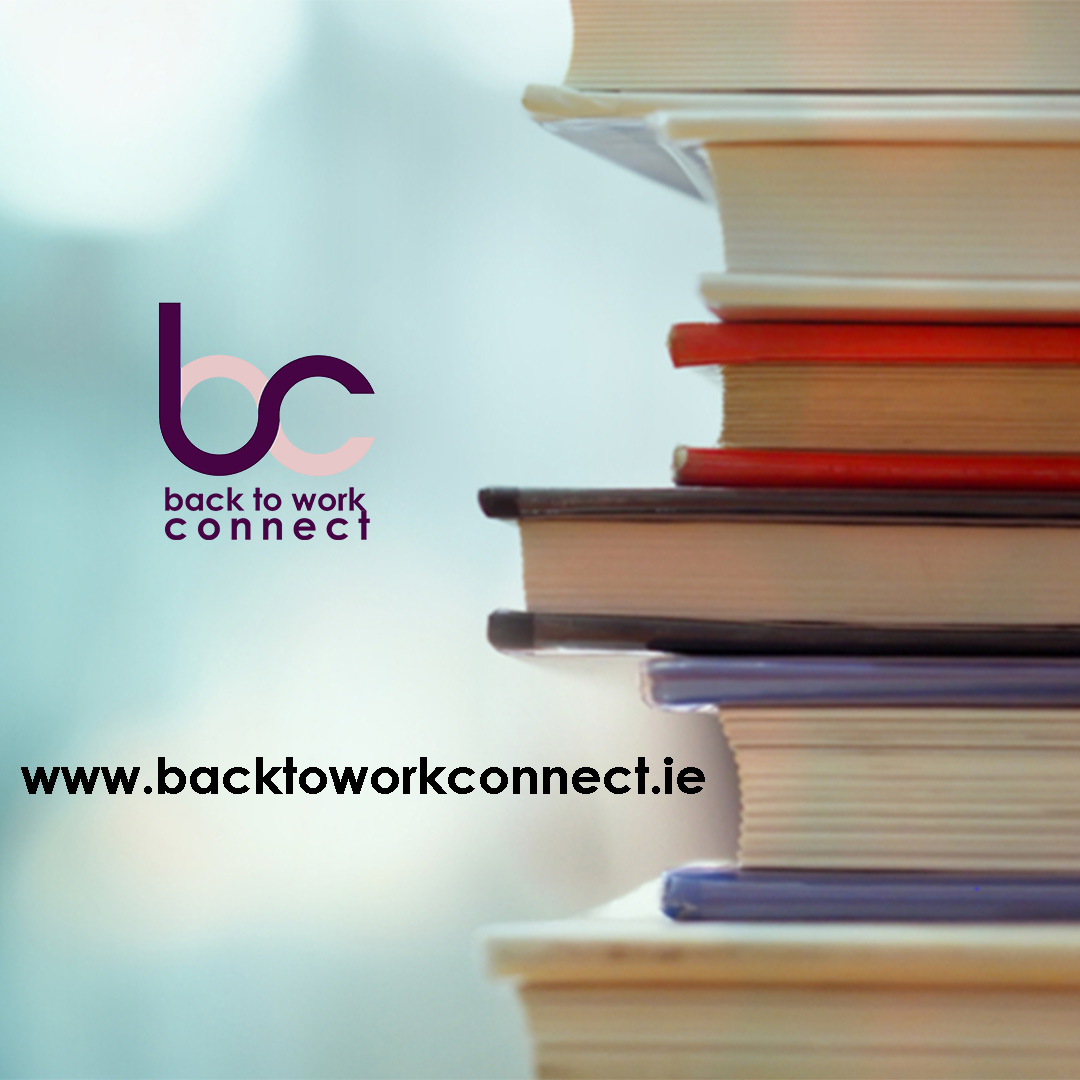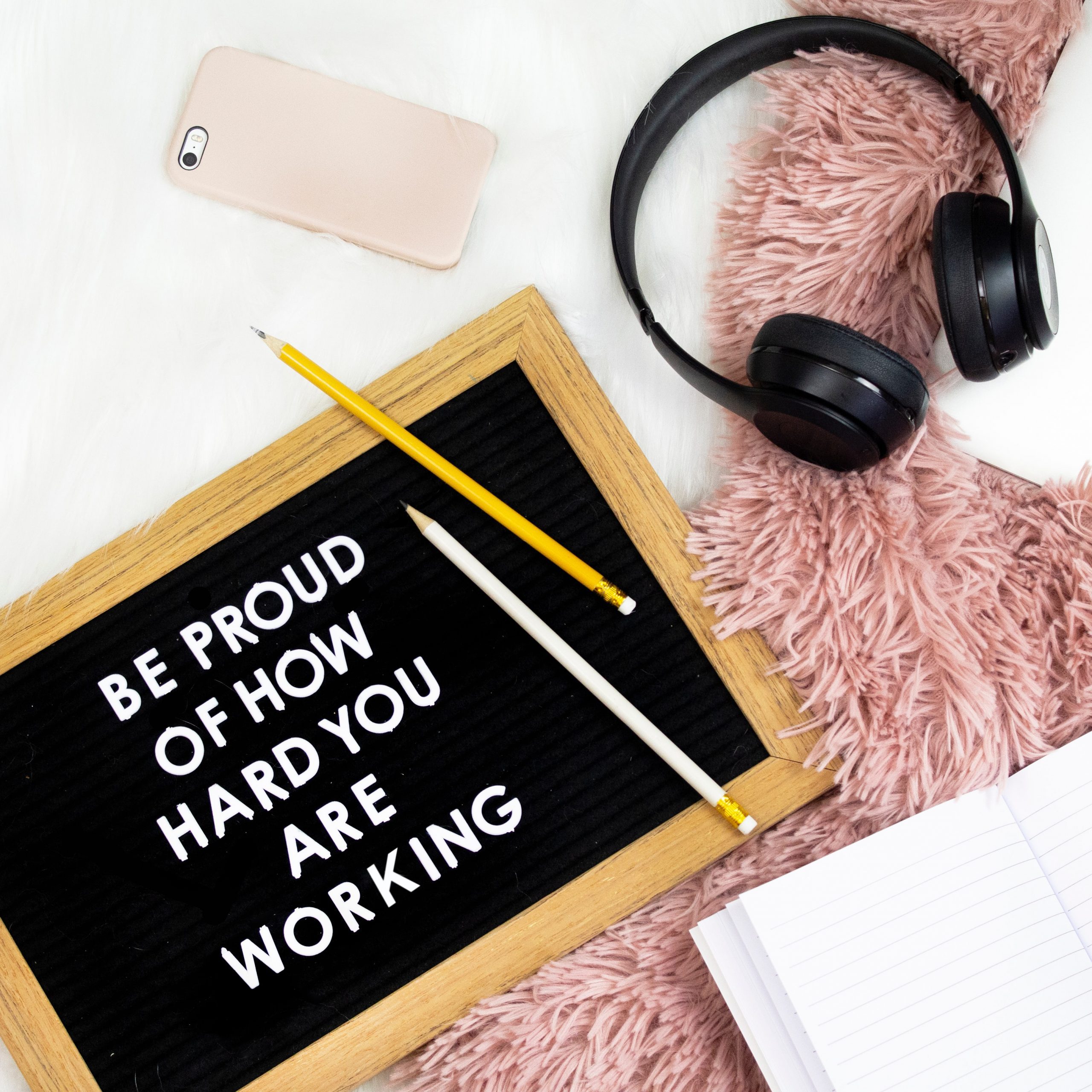Loss of confidence is one of the biggest factors that puts people off returning to the workforce. In this article, Dora O’Neill explains how she found the ‘light outside the cave’.
My Experience
Fear, fuelled by a loss of confidence kept me in a cave.
And, with time, I retreated even further into that cave.
This is my experience of returning to employment following a Career Break. It wasn’t until I asked for help, that I was finally able to pop my head out of the cave and begin my return to education and a new career.
I received the help I was looking for, and it enabled me to begin to rebuild the confidenceI had lost while on Career Break. Every step I took outside of the cave was uncomfortable. But slowly, I learnt to be comfortable with this discomfort.
The statistics
In a recent 2020 research study for my Master’s in Guidance Counselling, a staggering 56% of respondents identified loss of confidence as a barrier to returning to employment or education. As a returner myself, I’m not surprised by this statistic. But I definitely am concerned. Loss of confidence can hold us back from reaching our potential.
This is by no means the only barrier to returning to employment or education, however, without confidence the return journey becomes much more challenging. I will share some insights into how I slowly rebuilt, and continue to rebuild my confidence.
What is confidence?
Confidence is about our ability to believe in ourselves and our strength to succeed. It is very much the way we feel about ourselves. The ability to recognise and appreciate our successes. We need to view confidence as a soft skill. A skill that can be learned, developed, practiced and improved.
Why is confidence important for returners?
Confidence is important to returners because we need to believe in ourselves on the return to employment or education journey. Without confidence, we often fail to recognise our strengths, our skills and our abilities; and as a result, we can feel reluctant to apply for jobs or return to education.
We need to have confidence that we can do the job. Without confidence, we are only capable of seeing what we can’t do. Confidence is required to apply for the job. We need to feel confident walking into an interview. And, of course, we need to have the confidence that we can do the job.
You see the pattern!
Building confidence can help us to develop resilience, take action and inspire belief.
How do we become more confident?
Step 1. Begin with our own self/personal development
Identify the beliefs that are holding you back – ‘I am not good enough, I’m too old, I’m not smart enough.’ Next, you need to work out the triggers for these beliefs, reframe them and take positive action.
You may need help from a counsellor or cognitive behavioural therapy (CBT), but equally we can challenge and reframe these beliefs ourselves. You must give yourself time to adjust, then start taking each step at a time.
Get comfortable with being uncomfortable.
Step 2. Reclaim your professional identity
Do this by reflecting on your strengths, values, abilities, achievements and drivers. Focus on your skills and identify your transferable skills. Knowing and applying your strengths will lead to more successes. Recognise, record, and celebrate success – the more you do this, the more confident you will feel.
Step 3. Get Support
Build up a strong support system of people who are willing to help you. Your friends and family who boost your confidence and who encourage you. Recognising and acknowledging the support you give to others will also give you confidence. Seek out the people who understand you and your situation, those who challenge you, the people who have come out of the cave and stayed out.
Step 4. Practice being confident
Join clubs, groups, build up your confidence with people with whom you have something in common. If you need to, retrain or upskill, so that you will have the confidence in your ability to do the job or complete the course. Knowledge leads to confidence. Rehearse what you’re good at then move to work-based rehearsal (CV, cover letters, interview techniques etc).
Step 5. Use your Network
Reach out to those in your network (family, friends, previous work colleagues) who may be able to help you. Call it ‘reconnecting’ if you fear the word networking. Let people know that you are planning on returning to employment/education and what you are looking for. Begin to extend your network using relevant social media and your groups/clubs. Groups are more accessible at present, because they are mostly online. You get comfortable chatting to people you don’t know, you get used to being out of your comfort zone, you make contacts.
I still feel the fear. But now, I have the confidence to trample it. Personal reflection and support have enabled this to happen. I hope you now feel more ready to start coming out of your cave.




